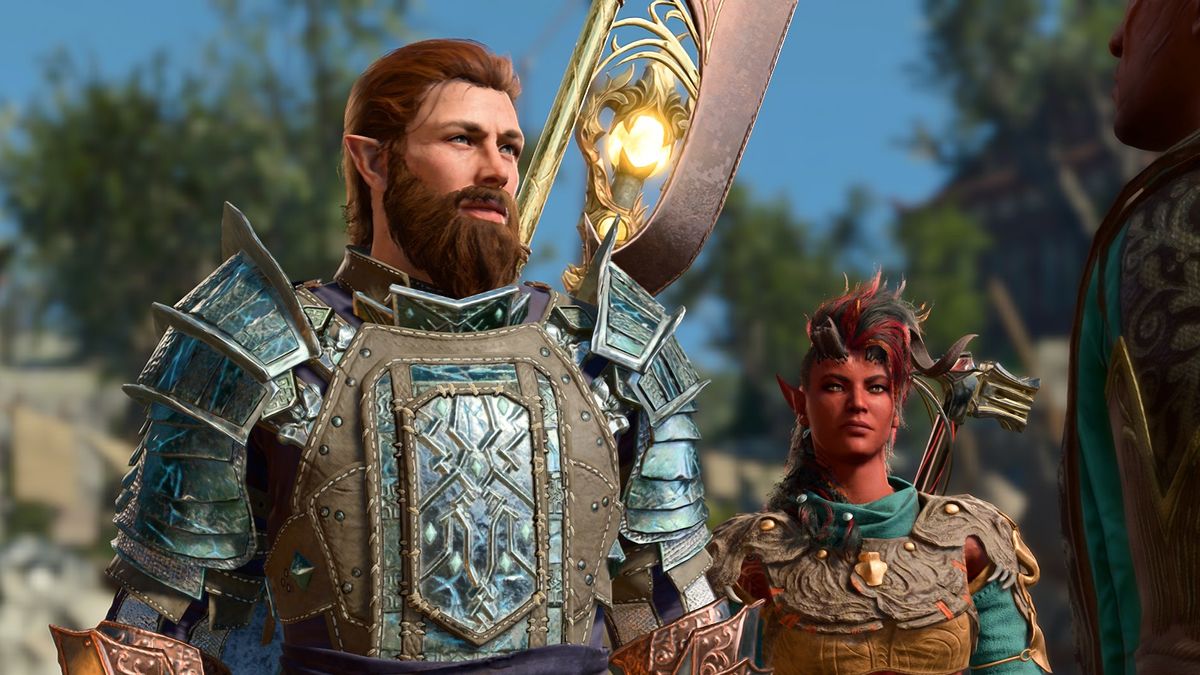
How One Game Redefined the Genre and Raised the Bar for Everyone
For over two decades, Baldur’s Gate was a name whispered with reverence by old-school PC gamers. A classic, rooted in deep Dungeons & Dragons mechanics and choice-driven storytelling. But in 2023, Baldur’s Gate 3 didn’t just revive the franchise—it redefined what an RPG could be.
Larian Studios’ genre-defying epic not only won Game of the Year at multiple award shows, it reshaped the conversation around storytelling, player agency, and production values in role-playing games. Critics hailed it. Fans couldn’t stop talking about it. And developers? Many were left scrambling to address the new standard it set.
In this article, we’re diving deep into how Baldur’s Gate 3 forever changed the RPG landscape—and where the genre goes from here.
A Surprise Blockbuster That Nobody Saw Coming
Larian Studios was no stranger to RPG fans, especially after the sleeper hit Divinity: Original Sin II. But Baldur’s Gate 3 was a whole new level: a sprawling, cinematic, fully voice-acted RPG with near-infinite branching outcomes.
What made its success so surprising?
- Turn-Based Combat – In a market saturated by real-time action RPGs, Larian doubled down on tactics and tabletop fidelity.
- Heavy Dialogue & Consequence Systems – Players could talk their way out of (or into) almost anything.
- Fully Reactive World – Every spell, item, or action could trigger unexpected results—from seducing a bear to collapsing a dungeon wall on your foes.
- Massive Length – With hundreds of hours of content, it respected both role-players and casuals.
- No Microtransactions – A fully complete game at launch. No season passes. No DLC promises. No bait-and-switch.
The result? Over 10 million copies sold, glowing Metacritic scores, and a massive community that exploded on Reddit, YouTube, and Twitch.
And it did all of that while being weirdly traditional.
The RPG Genre Before Baldur’s Gate 3
To understand the magnitude of its impact, we need to look at where the RPG genre stood before.
The last five years were marked by a growing push toward action-first RPGs, influenced heavily by:
- The Witcher 3
- Elden Ring
- Assassin’s Creed Origins–Valhalla trilogy
- Cyberpunk 2077
These games blurred the lines between open-world exploration and traditional RPG structure. While they were fantastic in their own right, many sacrificed deep role-playing systems for cinematic set-pieces and fast combat.
Baldur’s Gate 3 flipped that script—reminding everyone that slow, strategic, and story-first RPGs still had a place in the modern market.
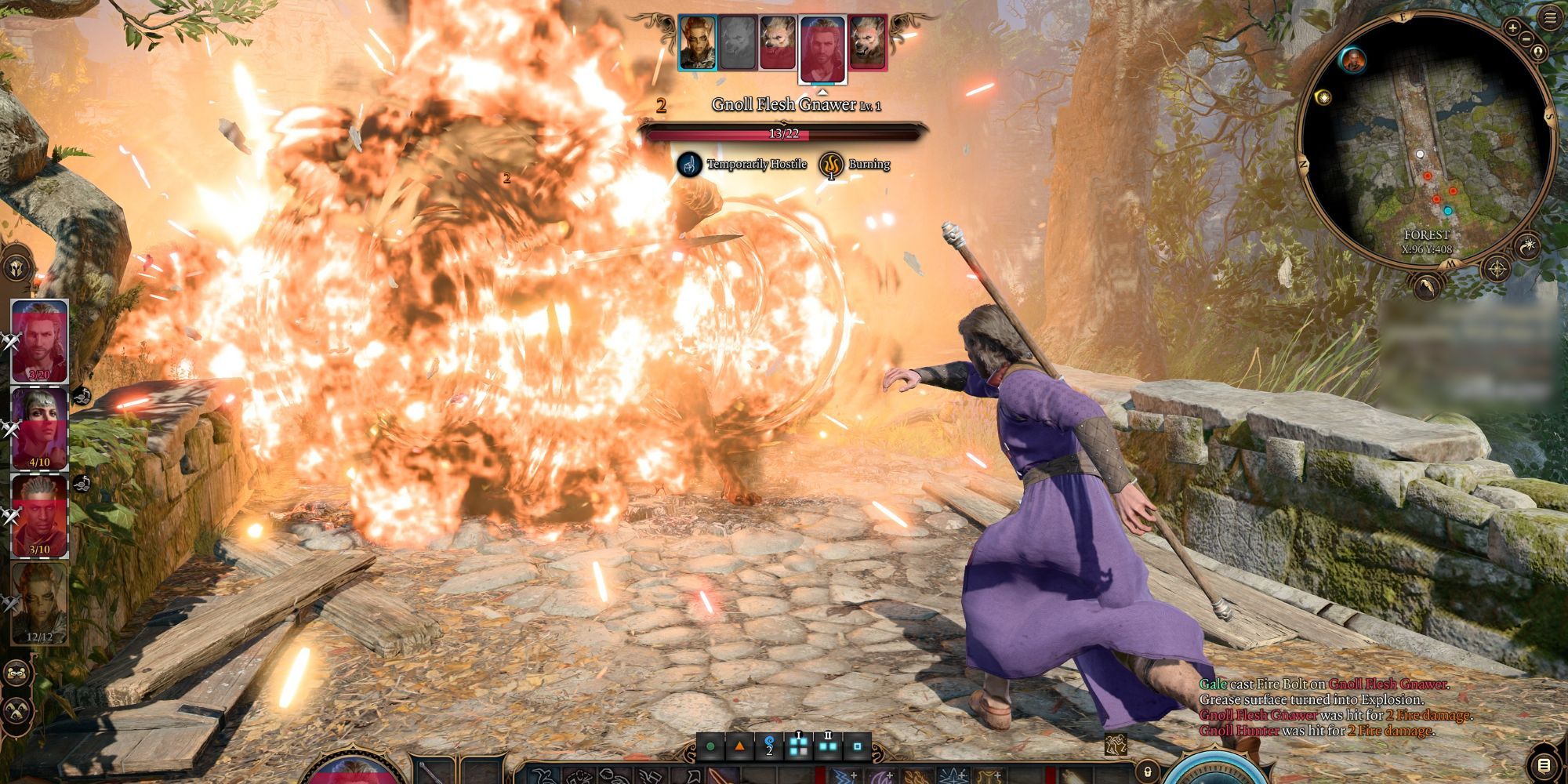
Baldur’s Gate 3 Changed the RPG Genre Forever
Let’s be crystal clear: Baldur’s Gate 3 changed the RPG genre forever.
That’s not hyperbole—it’s echoed by players, critics, and even developers at competing studios. In fact, the phrase Baldur’s Gate 3 changed the RPG genre forever has been cited across media articles and dev panels alike.
Here’s how:
1. Player Agency Is Back in Style
Want to kill a major NPC and completely alter the story’s arc? You can. Want to charm your way through a boss fight instead of battling? Sure. Want to play a morally complex Dark Urge who murders their party in their sleep? Go for it.
Baldur’s Gate 3 brought back true role-playing, where choices have weight, and consequences ripple across dozens of hours.
2. Voice Acting + Deep Writing = Power
Every single line of dialogue—hundreds of thousands—is voiced. Combine that with some of the best writing in modern games, and you get a role-playing experience that feels more alive than anything in the genre.
3. Technical Ambition
From split-screen co-op to cinematics tailored to your race/class/background/choices, Baldur’s Gate 3 is a masterclass in game design logistics. It pushed the bar for what a studio could (or should) try to deliver.
4. No Live Service, No Microtransactions
Players rejoiced at a complete package at launch—no battle passes, no FOMO events, no monetized cosmetics. It reminded everyone what it felt like to buy a game and get everything upfront.
The Ripple Effect: Other Studios Take Notice
It didn’t take long for the industry to react.
CD Projekt Red, in the midst of Cyberpunk 2077: Phantom Liberty’s redemption arc, praised Baldur’s Gate 3 as a genre milestone. BioWare reportedly took inspiration for Dragon Age: Dreadwolf. Even indie devs began emphasizing meaningful dialogue, branching questlines, and strategic depth.
But the impact wasn’t just philosophical—it was commercial. Studios now understand that there’s money to be made in deep, story-first RPGs.
The phrase Baldur’s Gate 3 changed the RPG genre forever isn’t just a compliment—it’s a business lesson.
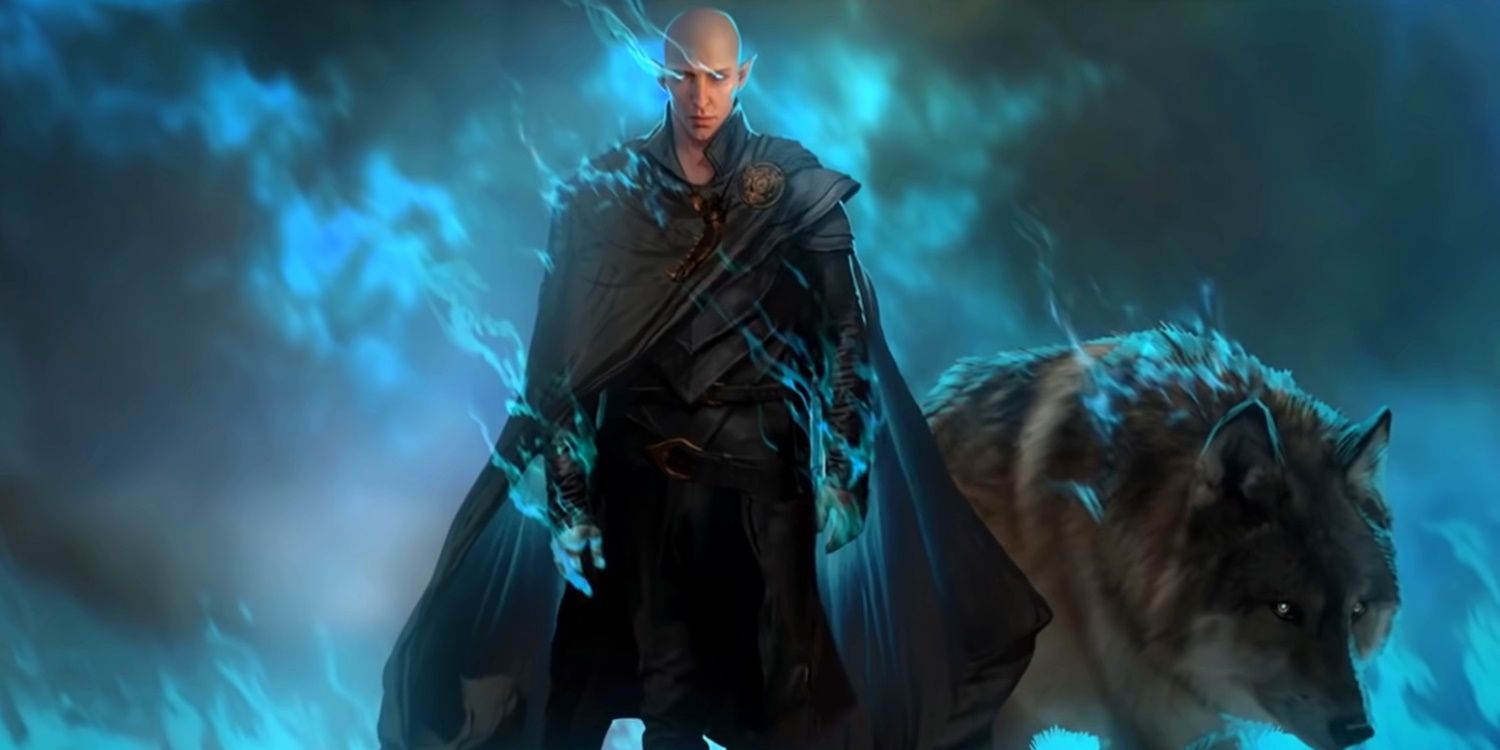
What Comes Next?
The post-BG3 RPG landscape is still taking shape, but several key trends are emerging:
A. Turn-Based Combat Revival
Games like Tactical Breach Wizards, Broken Roads, and Pathfinder: Wrath of the Righteous are leaning harder into tactical combat again—fueled by BG3’s success.
B. Hybrid AAA/Indie Development
Larian’s unique structure—AAA scope, indie mindset—proved that massive RPGs don’t need to be EA- or Ubisoft-funded to succeed.
C. Multiplayer Roleplay
BG3’s co-op play reminded people that RPGs can be social and narratively deep. Expect more games to follow that blueprint.
D. Player Respect as a Design Pillar
Players want quality. No bloat. No trickery. Baldur’s Gate 3 changed the RPG genre forever by proving that authenticity, not monetization, wins long-term loyalty.
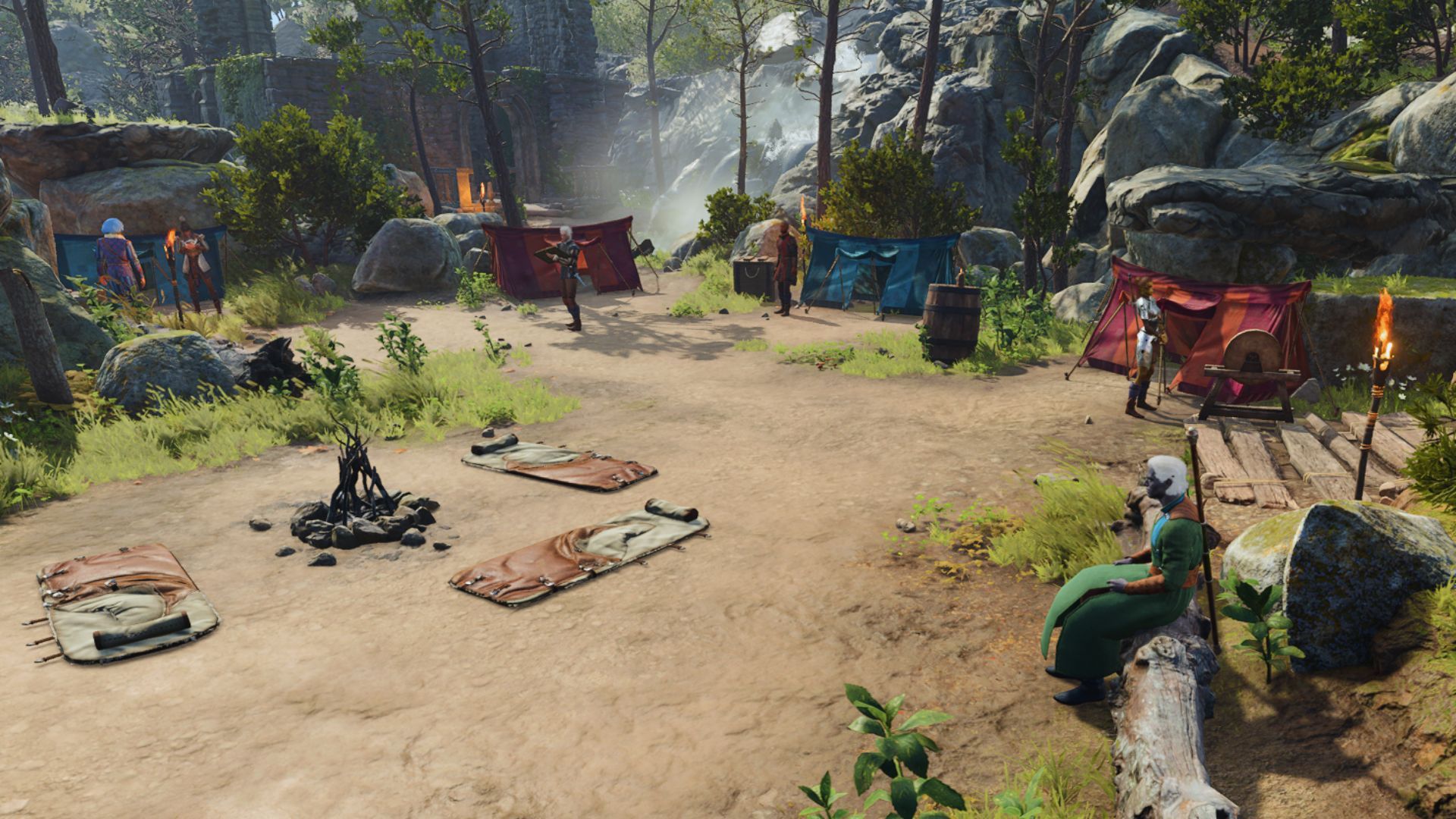
Conclusion: A Standard, Not an Outlier
The dust has settled, and one thing is clear: Baldur’s Gate 3 changed the RPG genre forever. It’s not just a standout—it’s the new standard. The question isn’t whether it raised the bar. The question is: who’s brave enough to clear it?
For players, that means a bright future. More meaningful choices. More consequences. Less bloat. For developers, it’s a wake-up call: give players respect, depth, and freedom, and they will reward you tenfold.
The world didn’t need another disposable action-RPG. What it got was a generational game—and a glimpse at what role-playing can be when it’s built with love.